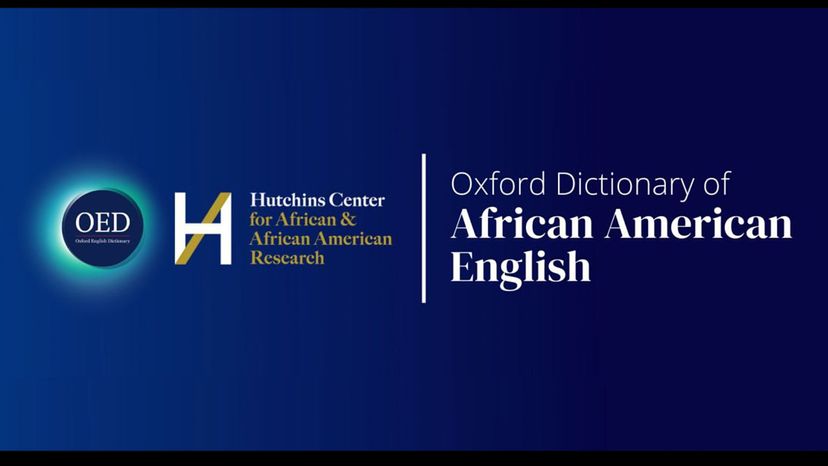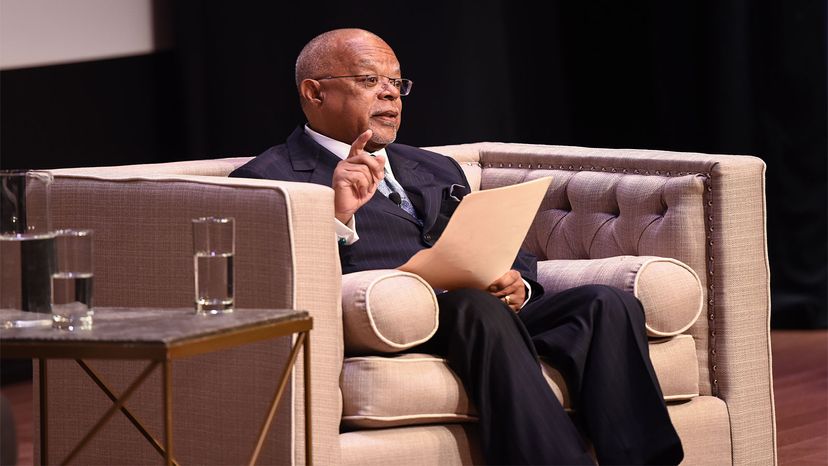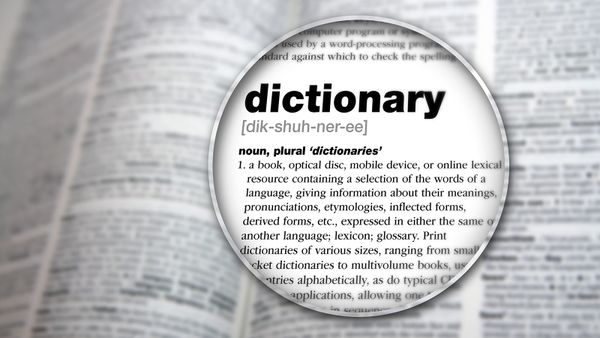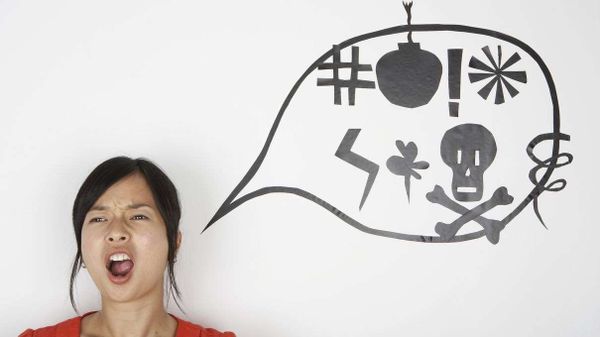
Henry Louis Gates Jr. is known for many things — helping people explore their ancestry, writing books, hosting documentaries, serving as the director of the Hutchins Center for African & African American Research at Harvard University and for his nickname, Skip. Now, he's spearheading the creation of a new dictionary. A joint effort between the Hutchins Center and Oxford University Press, the future Oxford Dictionary of African American English (ODAAE) is currently in development with the help of an esteemed advisory board.
Compiling a new dictionary may sound like a daunting task, but Gates has already been a co-editor of the Dictionary of African Biography, and Oxford has more than a bit of experience with dictionaries — perhaps you're familiar with the Oxford English Dictionary?
The scholarly initiative, a three-year project, will "document the lexicon of African American English (AAE) in a dictionary based on historical principles," according to OED's website. In addition to words, definitions and pronunciations, entries will include usage examples, serving to "acknowledge the contributions of African American writers, thinkers, and artists, as well as everyday African Americans, to the evolution of the U.S. English lexicon and the English lexicon as a whole."
Perhaps the most exciting part of the project is that the editors are asking the public to submit words and ideas.
Advertisement
How the Project Started
It was Gates who approached Oxford University Press about creating the dictionary.
"He spearheaded the project, and he is our editor-in-chief," says Jennifer K.N. Heinmiller, executive editor of the ODAAE at Oxford University Press. After Gates proposed the idea, the project received grant funding from the Mellon and Wagner foundations. "The pieces have fallen into place nicely. Our advisory board is made up of some of the top scholars in the fields of linguistics, African American studies and African American history studies."
The team of editors at Oxford University Press is working in collaboration with Gates and the advisory board to provide a portrait of how language is and was used by the various communities, emphasizing, celebrating and documenting Black history and giving credit where credit is due. According to Gates:
You can find plenty of previous examples of English variety dictionaries, like Oxford's own Australian Oxford Dictionary or the Dictionary of Southern Appalachian English from The University of North Carolina Press, for which Heinmiller was a coeditor. Oxford also has a division of World Englishes, "a term referring to localized or indigenized varieties of English spoken throughout the world by people of diverse cultural backgrounds in a wide range of sociolinguistic contexts."
Including words from various world Englishes has been an Oxford practice since 1884 when the first OED included the Tagalog word abaca, a banana plant native to the Philippines or its fiber. Today, there are resources for words from Australian to Ugandan English with many in between and several others coming soon. But the ODAAE will have even more to offer.
"The scope of this is broader than any English variety dictionary that Oxford has done so far," says Heinmiller.

Advertisement
Goals of the Oxford Dictionary of African American English
Each ODAAE inclusion will have the typical format of a dictionary entry and include real-life examples from various types of sources to give as complete a picture as possible. There will be pronunciation guides, which may include different regional pronunciation, as well as audio files. When possible, the entries will have etymological notes too, according to Heinmiller.
"In instances where we can trace that history, I think it's important," she says. "We want to give a well-rounded sketch of the language variety both in historic and contemporary usage from a descriptive perspective."
There will also be crossover with other dictionaries, so if a word makes it into the ODAAE, it could likely appear in the OED as well, either as a dedicated entry or a new sense of an existing entry.
While the dictionary is intended as a scholarly resource of value to researchers and members of the speech community, the editors want it to be equally usable by the general public, explains Heinmiller.
"We want this to be accessible to the broadest audience possible," she says.
Advertisement
How You Can Get Involved
To achieve the aims of accessibility and applicability, the editors are looking to the public for suggestions. Anyone who has an idea for a word or phrase to include, can submit it through the OED website form.
This is a tradition that goes back to the early days of the OED in the 1800s.
"It was very much a community project," says Heinmiller. "We really find that's one of the best ways to get ideas of terms, how the terms are used in natural speech and their significance within the communities."
The editors are holding a free virtual panel discussion Sept. 22, 2022, to provide the public with an overview of the project, its goals and significance, and an update on the progress. Register to attend here.
"Everyone is so passionate about this project," says Heinmiller. "We can't wait to release it to the public."
The dictionary is currently scheduled for spring 2025 publication.
Advertisement


